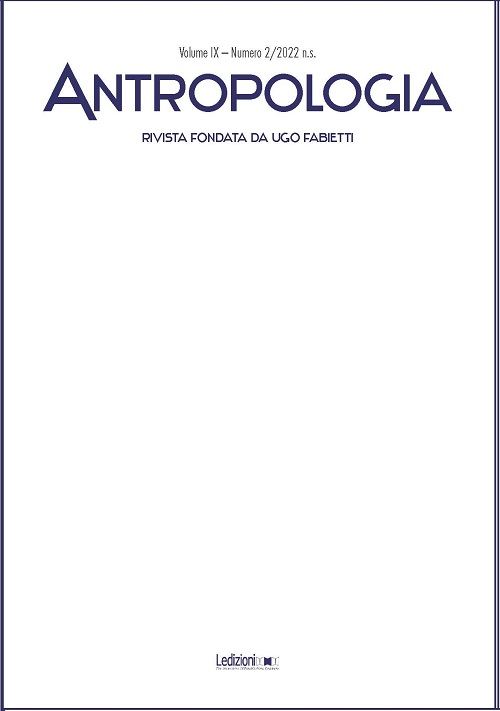The emergency as a layered and plural category. Introductory considerations
DOI:
https://doi.org/10.14672/ada202219627-24Keywords:
emergency, crisis, politics, anthropology, engagementAbstract
Thinking about emergencies and crises has always been a complex task, a challenge that anthropology has long faced and that today requires new forms of epistemological, analytical and political engagement, made ever more necessary by the rapid succession of historical events with highly destabilising effects. [...] We find ourselves in a state of emergence that has become structural and determines political agendas and practises in many areas of public life. A condition that we want to try to understand, starting from research contexts and interpretative perspectives of long duration, detached from the sense of urgency that characterises public policies in "viral times", but still able to place ourselves in a dialogical perspective with the present in order to reflect critically on the category of emergency, as well as on the effects that narratives and public policies of the emergency type can produce in the everyday life of the territories and the people affected by them.
Downloads
Published
Issue
Section
License

This work is licensed under a Creative Commons Attribution 4.0 International License.
Authors maintain the copyright of their original work and grant the Journal the right to first publication, licensed after 36 months under a Creative Commons Licence – Attribution, which allows others to share the work by indicating the authorship and first publication in this journal.
Authors may agree to other non-exclusive licence agreements for the distribution of versions of their published work (for example in institutional archives or monographs) under the condition that they indicate that their work was first published in this journal.



